10 Truths About the Music Industry
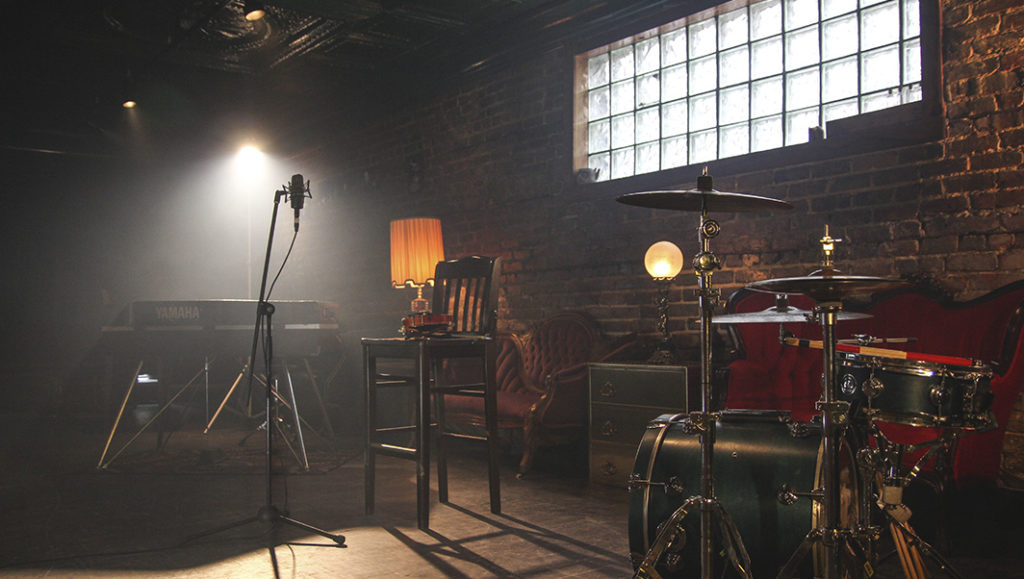
Taking our inspiration from Tell the Truth Day, we asked some of our favorite current artists to reveal some of their own truths about the music industry, so often littered with misconceptions and half-truths. We got them to talk about the rawest aspects of the industry, and here’s what they had to say.
Lexie
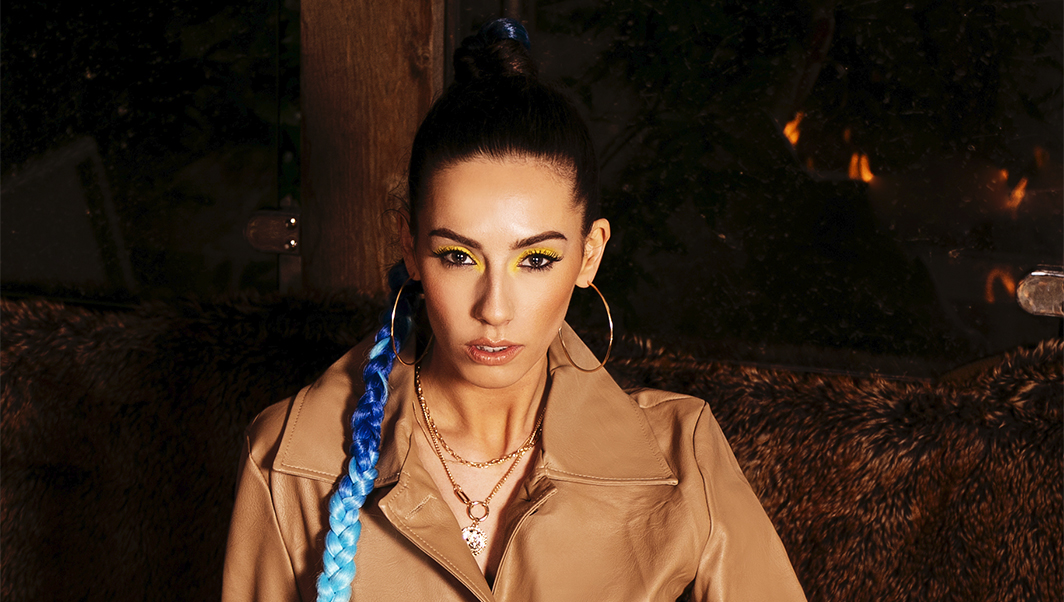 Photo Credit: Gavin SF
Photo Credit: Gavin SFThe music industry for me has had many ups and downs, but the one thing that has remained throughout is my need to create and express. If it weren’t for that, I probably would have signed off a long time ago. I’ve had the worst deals and the best deals, and it’s surprising how many people there are who really don’t have your best interests at heart, though they may say they do.
I was lucky enough to start out in the music industry with an amazing team at 679 Artists, which was a development label on Warner. I was an eighteen-year-old with a lot to learn, but we were nurtured and looked after.
At that time, my main struggle was not being mentally prepared for the online hate we used to receive. I didn’t know who I was then, so when people said awful things, I was deeply affected.
When my first deal ended, I didn’t know what to do with myself. I wanted to carry on in music, but I didn’t know how because previously everything was organized for us. I soon realized the hustle was real, so I got a normal job and tried to network to meet people and gain opportunities.
In between then and now, I got myself into a couple of sticky situations, but the worst was being mentally coaxed into a publishing deal I didn’t want to sign for no money and one day of studio a month. They’d made me feel so reliant on them and that it was my last chance. It was quite a painful time when I realized what I had done and that I was stuck in the situation for three whole years of my life.
Coming out the other side though, I’ve learned so much, I feel so strong, and I believe in myself wholeheartedly. And I seriously don’t take any sh-t anymore. I’ve had to become a businesswoman and not just a creative.
To end on a positive, there are some incredible people out there who helped me build back up after all that and helped me regain my passion when it was at its lowest. My advice would be to find these kinds of people and look after them the way they do you!
Bella Calypso
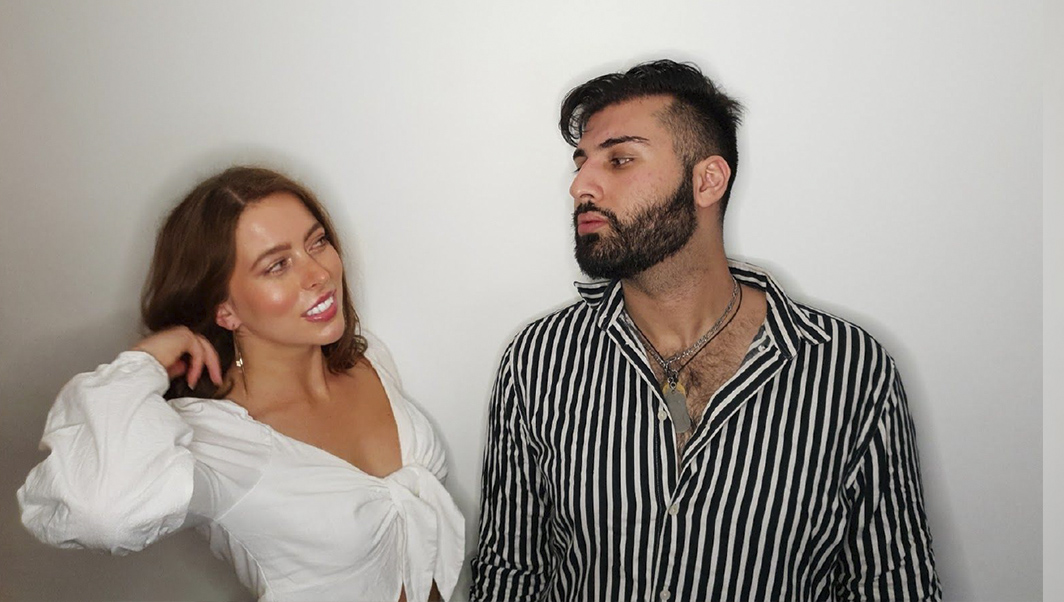
One observation I have had pursuing a career as a recording artist is that there have generally been far fewer women than men in the field of music production. I am not sure why this is, but I think it has much to do with the fact that women are generally not often encouraged to pursue careers in the field of technology—another observation having worked in a very male-dominated financial-tech company as a business analyst.
However, recently so many independent female artists are starting to create their own beats and learn how to produce music themselves. I think this needs to be celebrated more and female producers need to be given more opportunities.
My friend and producer Sazrah is one of many talented women I know who are doing music production and killing the game! I love doing music sessions with her, as she’s so talented and always makes me feel comfortable in the studio, which unfortunately isn’t always the case for young women starting up in this industry.
I am having a go at music production myself but definitely have very far to go!
Rashelle
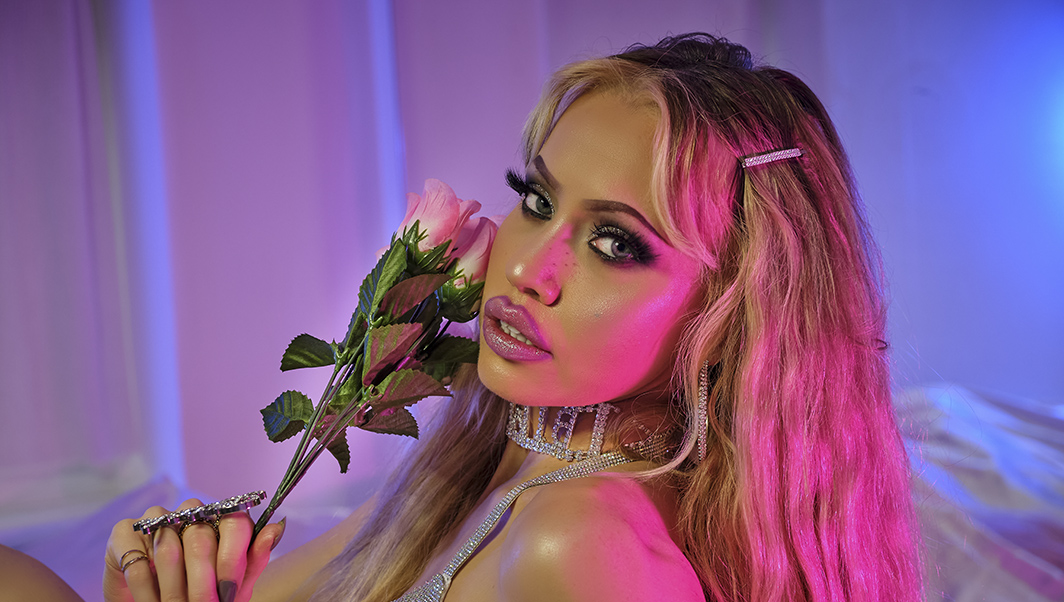 Photo Credit: M. Schjolin
Photo Credit: M. SchjolinOne of the darkest sides to the music industry that I feel nobody wants to talk about is that even though changes are being made to incorporate and employ more women on the business side, it is still having a negative effect on artists like myself. I’m confident and enjoy being sexy, but some women would rather I not be. Some of the women climbing the ladder on the corporate and business side in music are unfortunately not really pro women at all, even if they claim to be! Yes, all the feminists that want equal rights for women in a male-dominated environment don’t necessarily want to include artists like me to that cause. I can say this with absolute certainty! My personal experience is that I have often been on the receiving end of harsh personal attacks and criticism and straight-up slut-shaming in meetings with some of these women filling these roles.
The problem is that on top of the already existing sexual harassment that us females have dealt with for years and years in this industry, we are now being equally negatively affected by some of the newly employed women that deliberately block certain female artists’ opportunities due to their own insecurities and their ideology or how comfortable they feel around a certain type of woman.
I feel like it’s turned into do you want to get preyed on by the men or ruthlessly judged and slut-shamed by the women? It’s a no-win situation.
At first, when more women were getting these roles, I felt such a wave of relief and felt so optimistic, but it’s unfortunately been quite the disappointment and honestly deeply unsettling and no one seems to be talking about it!
Mental health in this business is a big deal and all artists know the chaos that’s involved with all the ups and downs. So this new unspoken wave of women not really supporting women is just another hurdle set in the way for women like me to fight against. I of course will never tone things down in my overall look, my performances, or lyrics because I will always stay true to myself. And I hope that me being the first one to say all of this out loud gives encouragement to any girls out there that are experiencing the same ignorance. Women empowering other women needs to include all women.
Jes Frances
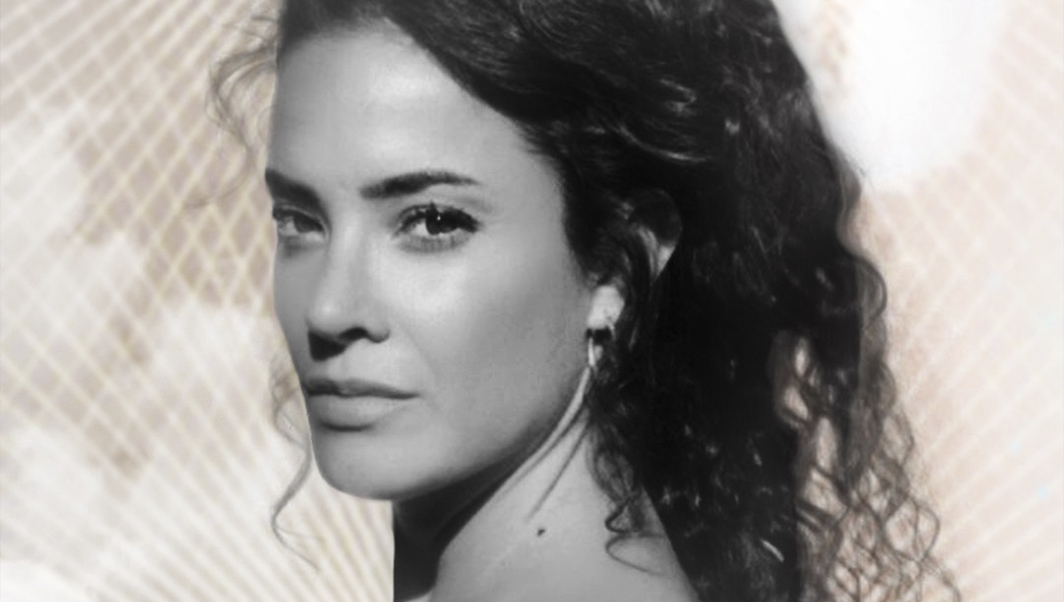 Photo Credit: Domingo Robledo
Photo Credit: Domingo RobledoAs an artist, I think something that is essential to hold onto is a strong sense of self. I spent the first couple of years I was involved in the industry honing in on my artistry, which I’m grateful for, as it set me up to build a strong foundation for my career and gave me the confidence to speak up and share my ideas openly. I am a huge advocate for gender equality and women empowerment in and out of the music industry. I feel that being valued and respected as a human being sets the tone for having a healthy and reciprocal relationship, which can lead to the creation process being that much more fun. To me, working with people in the industry can be like navigating relationships in life: some will be healthy and empowering, and others will be toxic, and it’s about knowing which to hold onto and which to speak up against and walk away from. I’ve been fortunate enough to work with people who are respectful, so I hope to continue to attract that.
Alice Rowe

As an artist, I feel that in the industry some people are more likely to be given opportunities over others. In my own experience and also witnessing it with other people, I feel that having a huge amount of following on social media is looked upon more highly as opposed to having a low following. This is obviously understandable in terms of business deals and promotions, etc. But I feel that when it comes to real-life music and when you’re looking to work with an artist because they are someone who’s worked on their craft and musical ability, it should be the music that speaks. Factors like followers, image, popularity shouldn’t determine whether someone is presented with a musical opportunity or not. The thing with music is that it’s subjective, but everyone should still be given equal opportunities based on their talent as a musical artist not based on their clout.
I’ve been charged ridiculous amounts for a couple of hours in a studio, then a friend will go to the same place and get it for free just because they have a higher following. The same with using any sort of marketing or PR services, it should be the same for everyone unless it’s a prearranged deal! I’ve spent so much money on studio time over the years, which took me forever to save up for! And don’t get me wrong. I don’t regret it! But there’s a lot of people who take the piss.
I think it goes for anything really: don’t break your back for people who don’t value you.
Splendore
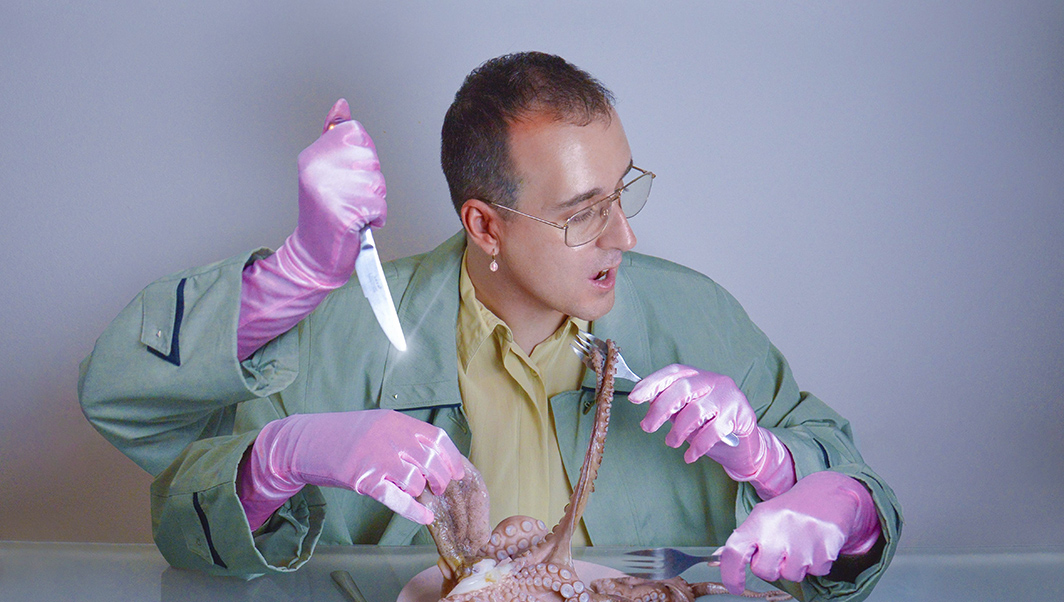
It’s a tricky time for the music business, especially for the artists. They can manage their catalog, releasing their own music and having full control over the project creativity. At the same time, it’s quite difficult to promote themselves because it’s all about social media campaigns and playlisting. Building a social fan base can be a challenge for artists who don’t love to be so damn social. We should liberate the artists from the pains and the perks of social media communication and just let them express with music.
We need introverted music artists too. We’re in an amazing time. We have the opportunities to build a safe music space for everyone. That’s the magic now. It’s necessary to find new solutions, new platforms, new ways to make the music flow. We should run away from music service monopoly to imagine new realities. We have the power and the creativity to do this. Let’s revolution again.”
Robin French from Sugarcane
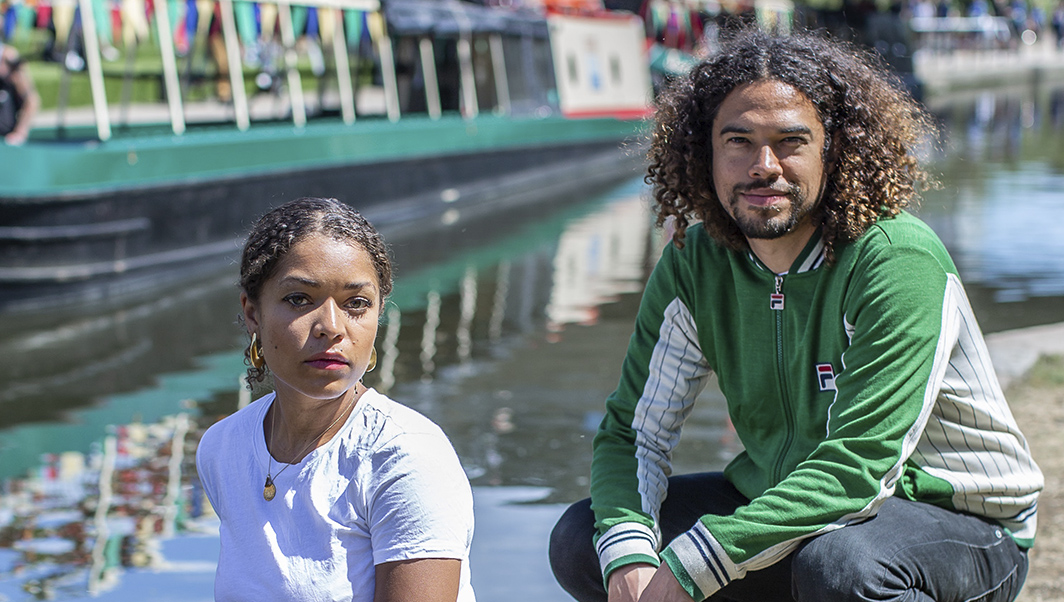
I remember hearing David Bowie’s “Life on Mars?” for the first time in the back of the car during a family holiday in France. It’s just magical how music weaves itself into your emotional life, somehow becoming part of your emotional memory. The fact that my music is now joining the emotional lives of strangers across the globe just delights me.
For this reason, I adore Spotify for Artists. When you join it, you can see your Spotify stats updated every couple of days, showing you exactly in which countries and cities people are listening to your music. Sugarcane play a mix of Brazilian samba and English indie-folk. Thanks to this amazing app, I discovered a lot of our audience were living in far-flung São Paulo, Mexico City, and Santiago. Our new summer single, “Clear Blue Sky,” featuring the gloriously talented actress Antonia Thomas, is extremely popular in the Russian Federation. Oh, and shout-out to the one dude listening in Oman. Hi.
Spotify has transformed my relationship with music, as a consumer and an artist. But that makes it all the more upsetting when I look at how badly Spotify pays artists streaming revenue. I love you, Spotify, but are we in an abusive relationship? Can you address this disparity? I suggest all musicians join forces behind #Brokenrecord, the brilliant campaign Tom Gray (from the band Gomez) is running to fix this situation!
Ben Denny Mo
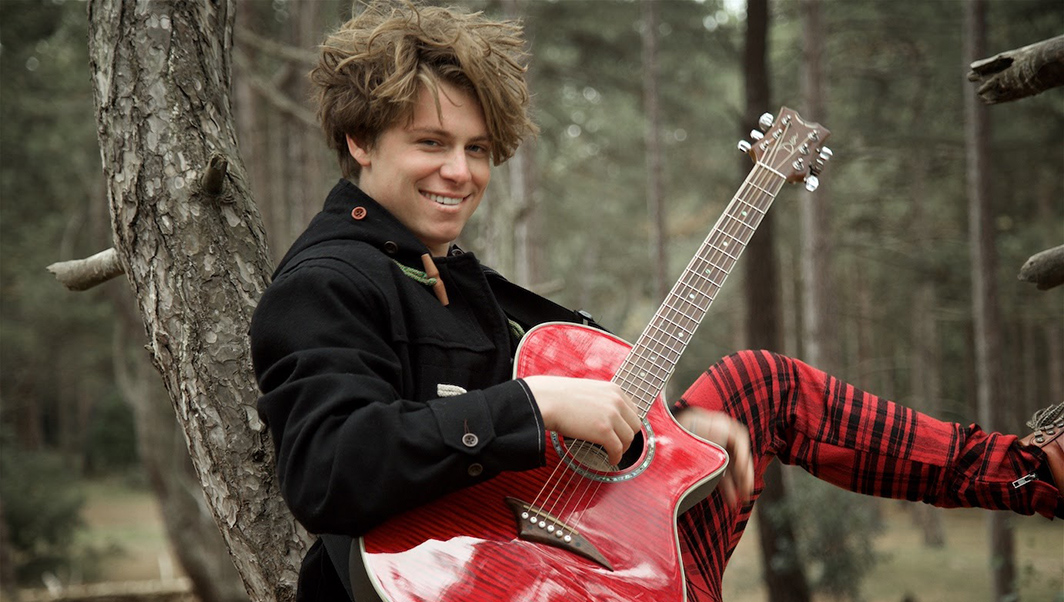
The music industry is incredibly hard to get a foothold in. As soon as you take one step forward, you pretty much get pushed five steps back, and that’s just because you’re not known. It’s often a catch-22. You need someone to give you a break to get known, but no one will give you that break because you’re not already famous or up and coming enough for them to give you the time. It makes it so hard for emerging artists.
I think lots of people see a musician as someone who is just having fun and not really trying to get anywhere, because they simply love what they do. And that may be true in some cases, but there are many people like myself who want music to be their life and is what makes them who they are and what they do. It’s a business that in a sense you’re trying to set up for yourself. It’s amazing how often when you tell someone your gigging fee for a three-hour set and they say, “That’s a lot!” You wouldn’t tell a plumber “Thanks for fixing my drains. Don’t worry about the money, as I’ve got something better to give you. It’s called promotion.” It’s crazy and literally happens all the time. If I worked out all the hours I’ve spent writing and all the money I’ve spent to get to the place I’m at, they might actually see what it means and takes to be a musician. But not many people are going to be aware of this.
I think a lot of time people assume that it is not that important that they share the music they are listening to on social media because they are mates of the artist or they think the artist has already got a foothold in the industry. But people, including friends, don’t realize how important sharing and commenting on a post helps a musician/artist get established. It’s one of the most annoying parts of trying to get heard out there. And the music industry too often comes across as massively oversexualized for both men and women. If you’re not some chiseled-chinned man or a super-slim sexy woman, your chances of getting signed are literally cut in half unless you have a great sob story.
I was once lucky enough to play a couple of my tunes, one on one, to a really big music producer living in Norfolk. Not going to drop any names, but he basically told me to stop playing my music because I would only ever live up to being a pub singer, which was utterly destroying and almost made me give up. But I decided “fu-k that dude” and get on with what I love and create something even better. So in a way it was a weird push.
The music industry isn’t all doom and gloom, but it is super cut-throat. So don’t worry if people don’t like your stuff, because eventually you will find the ones that do, and they are the really important fans.
Nadia Vaeh
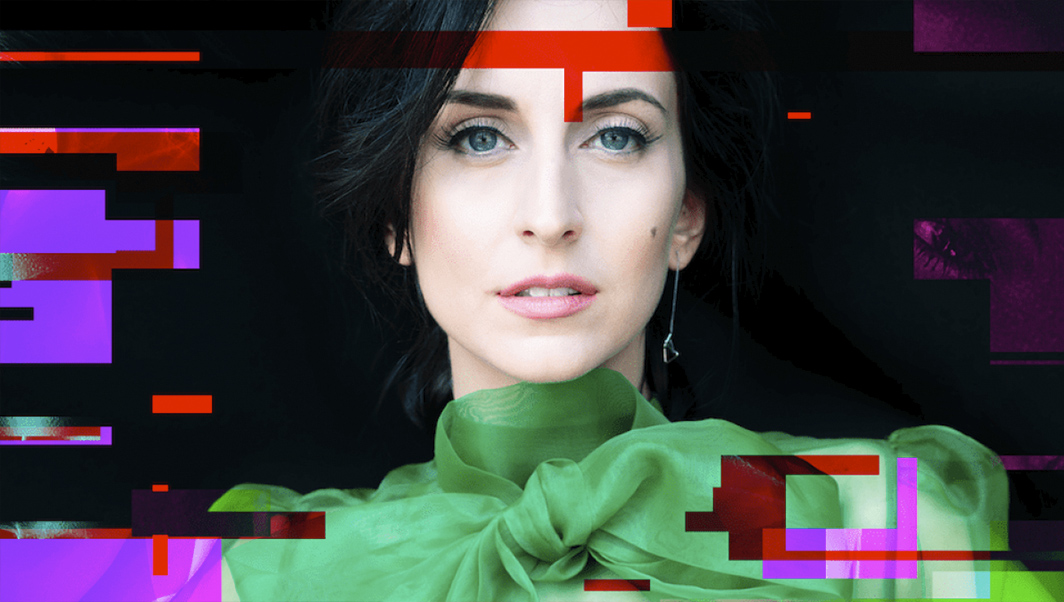
So there are a lot of things people may not know or understand about the music or entertainment industry. For starters, preparing a song for commercial release is such an extensive process and can take months—sometimes even years—to complete. From inception to release day, a song can change shape hundreds of times. Oftentimes, it is this lengthy building process where I heal an old wound or grow to understand something I needed to grasp, while sometimes in the initial writing process, it can feel like the words write themselves. It is in the building out of the flesh—the production—and other detail work that can really take lots of time and energy. A career in music has many challenges that can test one’s strength—and sanity!—but I wouldn’t trade it for the world.
Solarrio
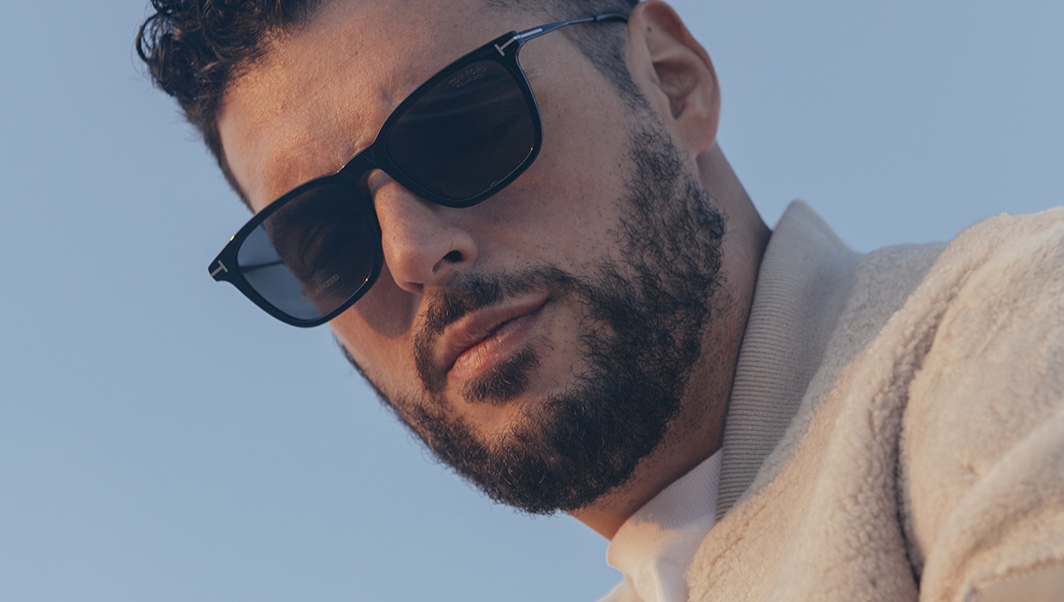
More and more artists are taking control of their careers and catalogs. There are so many tools at our disposal that the old structures are no longer as relevant. The majors are no longer doing artist development; they’re just basically scouting social media to see who’s already popular and will just hop on the train. As long as you’re able to create a solid fan base and put out your own content, your negotiating position will improve drastically, if you do choose to partner up with a label.
Another thing I’ve seen throughout the years is a lot of artists solely relying on their talent—no real work ethic—and they never make it as far as their less talented counterparts. So hard work beats talent.
Julianna Lane
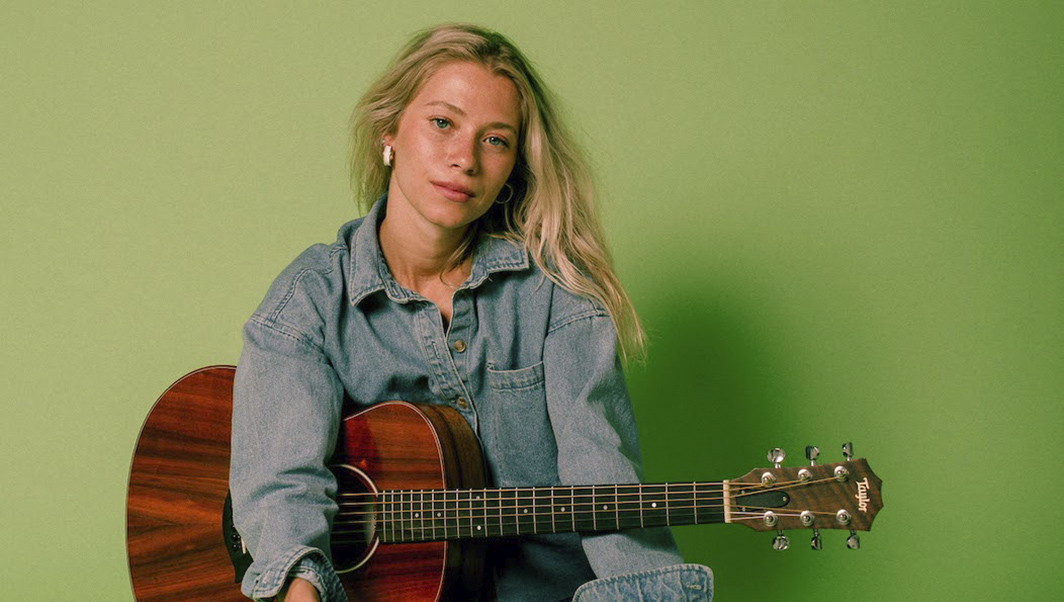
I think there used to be a perception that to be an artist in the music industry you had to put a lot of money into recordings and studio time. With this new wave of bedroom producers and Spotify playlisting, it takes away that financial pressure and has made it more accessible for artists to make and continue releasing music. My home recording setup consists of an SM7B mic, Apollo Twin Interface, and the DAW I use, which is Logic. To have the resources to experiment and not stress about the cost of making music is a real game changer, and I think because of this, we are getting to hear some really unique music coming from indie artists.
Photo Credit: John Matychuk


Discussion about this post